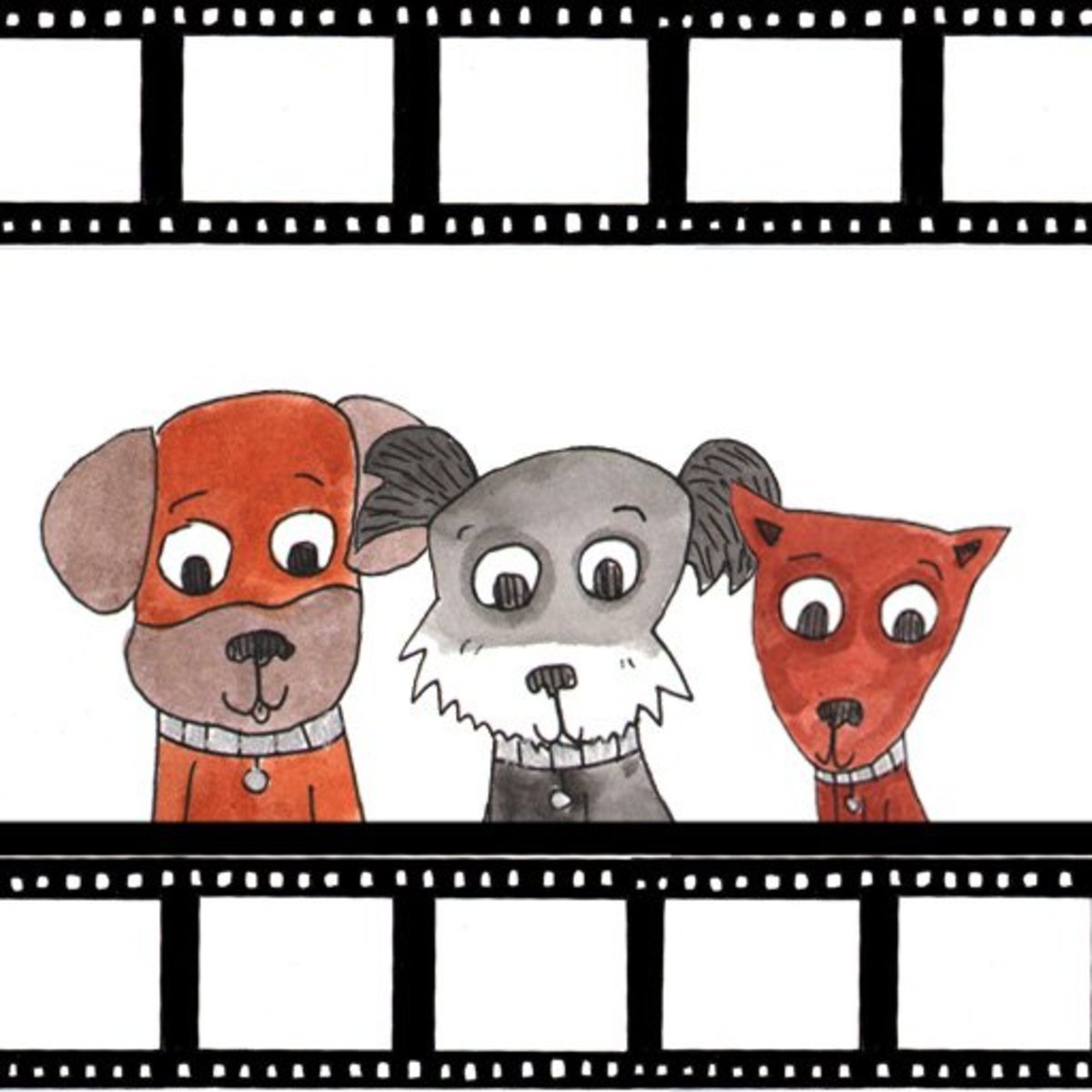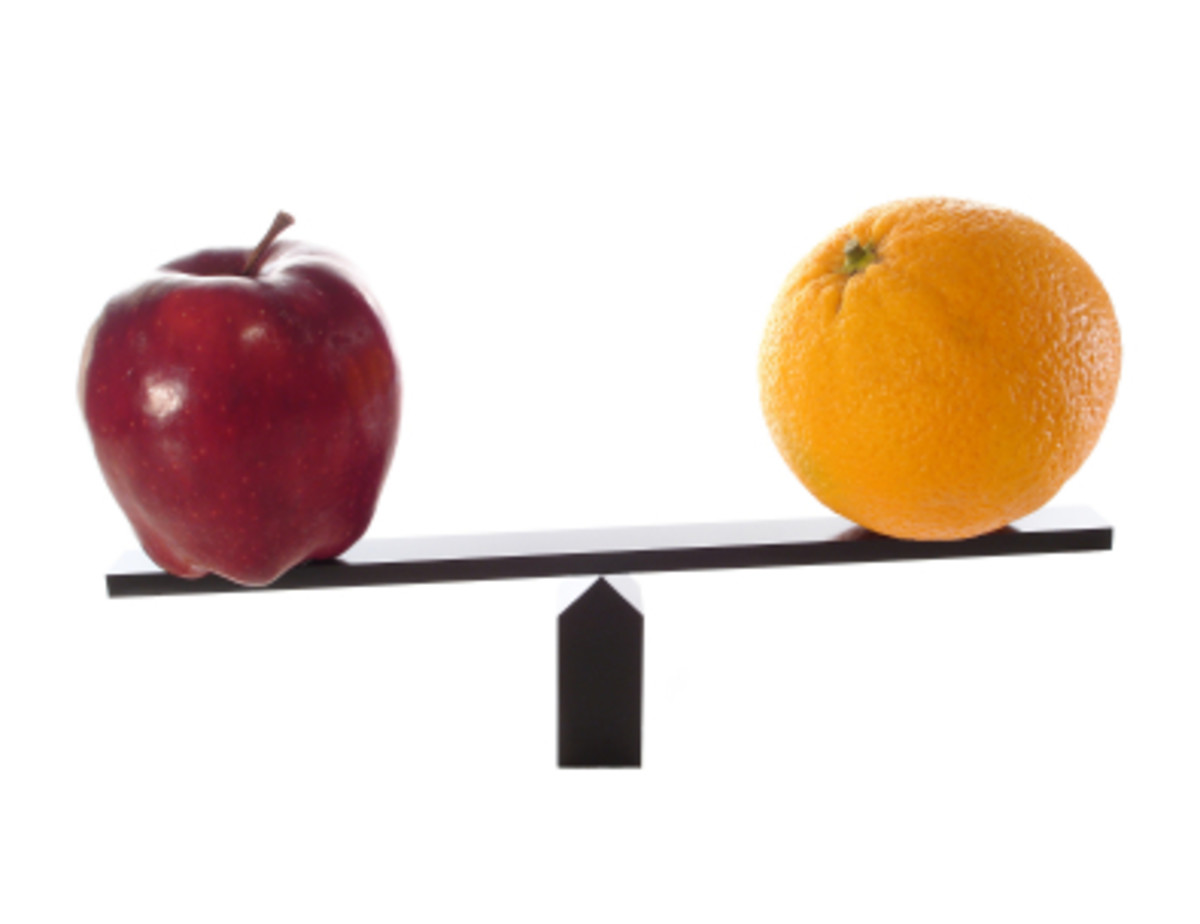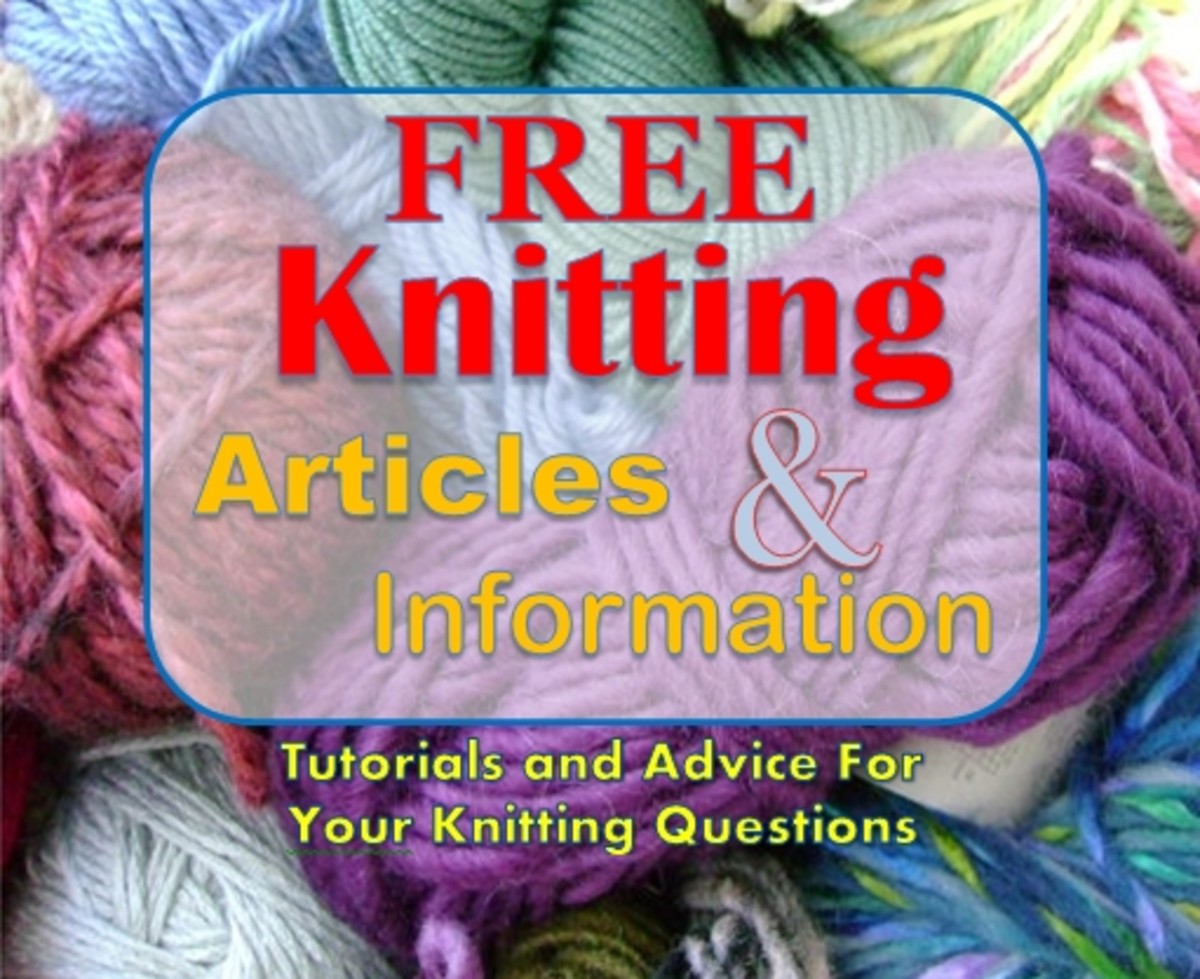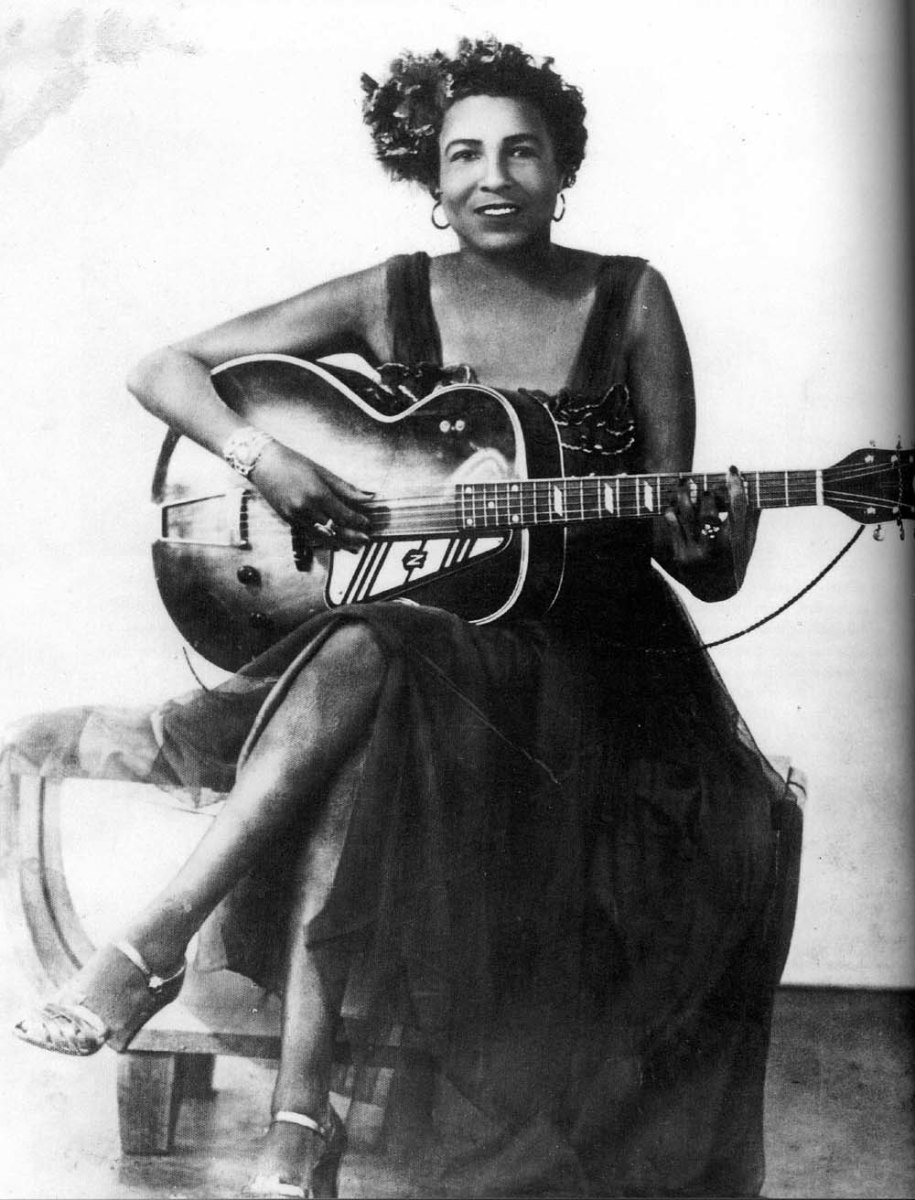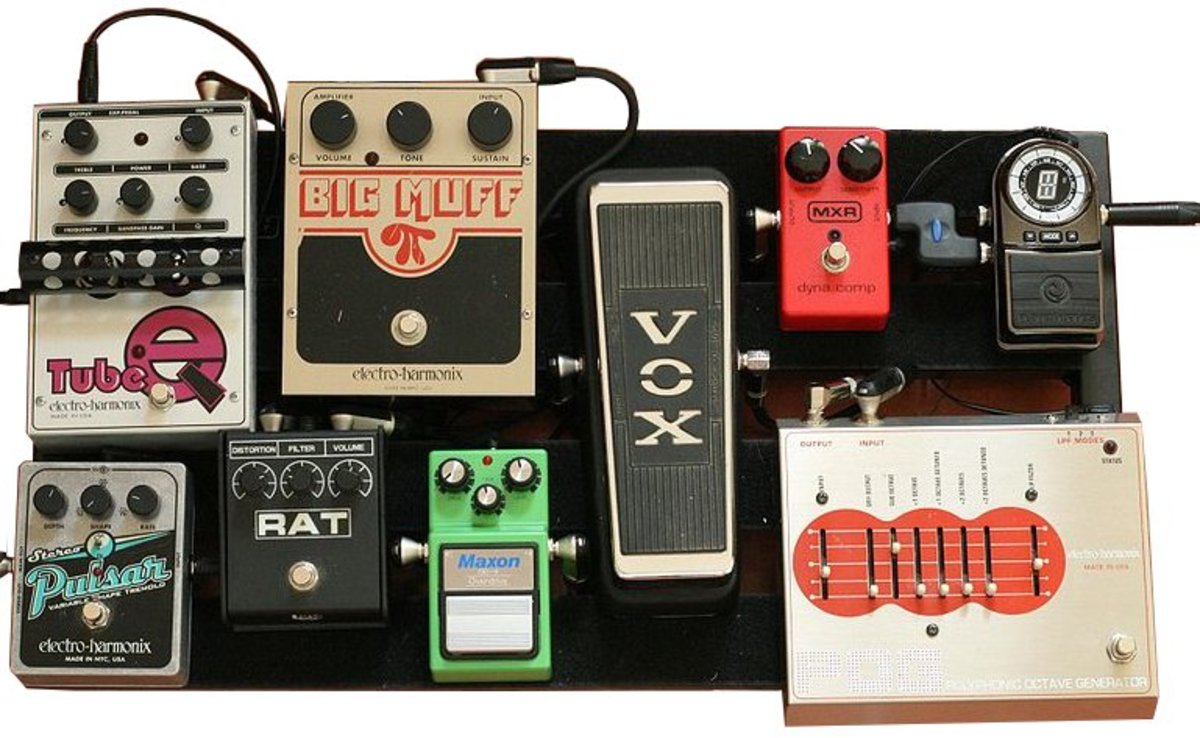Publish Your Songs! How to Get Your Music Published
I've Composed and Performed My New Pieces, Now What Do I Do?
You've written some good pieces of music. You've used a music notation program such as Finale or Sibelius, and your scores are accurate, and attractive.
Your new music has been performed by groups and/or soloists in the genre(s) that you write. You've gotten a good response and encouragement from performers and the audiences that heard them. You want to find a publishing house to work with to keep this good thing going. Where do you go and what do you do?
Find a Publisher or Self Publish?
Advantages of having a publisher are numerous, ranging from simplifying bookkeeping and taxes to not having to make any financial investment in getting your music in print. If publishing houses want to publish your music, they make the investment of typesetting and promoting it. You only collect a royalty on what they sell. Disadvantages to having a publisher include the publisher owning all rights to your music and words, right of refusal (or acceptance) of the music you submit, and editorial changes to your words and music to suit their market.
Advantages to self publishing include having complete control over all rights, licenses, and quality of your product. Disadvantages include having to do or oversee nearly everything yourself. Depending on your personality and capabilities, these can be pros or cons.
People turn to self publishing for a variety of reasons, including receiving a larger portion of the sales of the music, more independence and freedom of an overseeing publisher, and owning all rights to the music created. If you'd like more information about self publishing your sheet music, read my other article here.
Searching for a Publisher
You can begin by doing a Google search for "sheet music publishers." Below is an example of what you might find in your search:
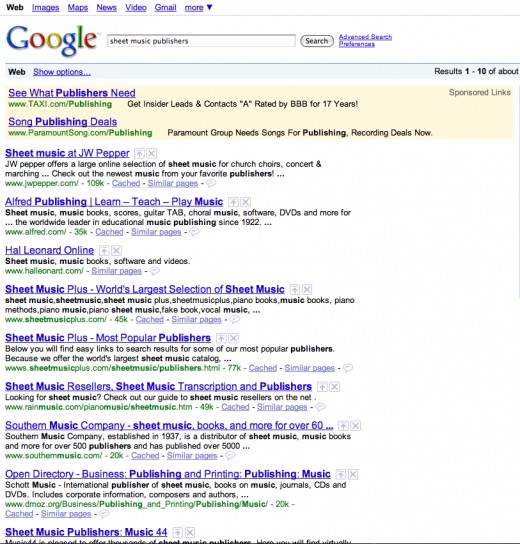
Note that not all the results in this list are publishers. A few are distributors. (JW Pepper and Sheet Music Plus are distributors.) A distributor works with publishers to market and sell their music to various outlets and retailers. It's the publisher that you're looking for. As you go through the list in your search, you can click on links of publisher's websites and see what genres and styles of music they publish. If you scout around on the site, you'll usually find a link about submitting your music to them. Some publishing companies will accept your music submission by attachment to an email. Others require you to send your submissions through regular mail. At times you'll really have to dig around to find the information you need, other times it's pretty simple to find. If you can't find submission guidelines, you can usually find "contact us" link and inquire.
Addtionally, you can refine results in your search list if you type in the specific genre or style that you compose. "Concert band music," "choral music," "piano music," etc., will all yield a fairly good list for you to begin studying.
You can also collect addresses of established publishing houses by going into stores that sell sheet music and simply copying addresses from the inside page of the sheet music. A clerk may ask what you are doing. Just say you are a composer or songwriter looking for addresses of publishers to send your music. I have found they may even offer to help you locate additional addresses.
You must keep your search for a publisher to the genre(s) in which you write. So if you write high school band music, look for that type of publisher. A church music publisher is rarely going to be interested in any kind of music than church music. So narrow your search down to the publishers of your genre or style of music. If you write in more than one style or genre, then you'll want to broaden options for each one. But keep in mind that you want to find a match between you and a publisher that promotes music similar in style and feel as what you write.
Before You Send Your Music, Send a Letter of Inquiry
Send a short, one page letter that says you are looking for a publisher and would like to submit music for them to review and consider for publishing. Include a little of your music background, any awards and notable achievements, and any other applicable professional experience. Ask if they are currently accepting unsolicited music to review for publication. If guidelines for submission are not posted on their website, ask for them. You should get a response fairly quickly, usually within two weeks or less.
Send Your Music to One Publisher at a Time
Don't send the same title to more than one publisher at a time. This is considered an expected professional courtesy. You eliminate the frustration and possibility of having two publishers agree to publish your piece at the same time. You don't want to burn bridges with any future possibilities for publication. Nearly all publishers require that if you send them your piece of music, you do not send it to any other publishers until they have reviewed and given you a response of acceptance or rejection.
Write a succinct, professional one page letter which includes the title or titles of your music (generally, don’t send more than three pieces of music at a time), and a brief bio about yourself that emphasizes your professional or relevant experience in composition, music and publishing. I recommend you include your phone number, address and email on the letter, Most all publishers will not return your music manuscripts unless you also include a self addressed, stamped return envelope with your submission.
Keep track of whom you have sent music to, the date sent, and when it was returned. If you have more than one piece of music being reviewed by different publishers, it's easy to become confused trying to remember who has reviewed what piece. Jotting down a few details in a notebook or planner can save a lot of guessing. Some reviewing processes take a couple of weeks, others several months.
Does My Music Need to Be Copyrighted Before I Send it to a Publisher?
It's always wise put the legal copyright notice at the bottom of the first page of your music, as soon as you have your music on paper. The legal form is the circle “C” followed by the copyright date, followed by the copyright owner's name.
For example: "© 2009 by Daniel Carter." Additionally, I always include "All rights reserved. Copying prohibited." You should also include your mailing address, and/or email address and phone number.
Putting the copyright notice on your music makes everyone aware that you are the creator and that it cannot be used for profit or photocopied without your consent. Established publishing houses do not pirate music. Your concern is not about their intentions, but the intentions of others who may find an opportunity to pirate your music.
If you receive an acceptance letter from your publisher, they will take care of all copyright details, because they'll most likely become the copyright owner. But if you want to register your music with the Library of Congress, here. You'll find all the information, forms, and fee schedules and how to register it online.
When Your Music Is Accepted by a Publisher
If you receive an acceptance letter for your piece to be published, you’ll need to sign a contract. Most all of the established publishing houses you contact are reputable and ethical. The contract for publication and royalties they send you will most likely be equitable to you and them. There should be a feeling that both parties agree to mutually promote the product, company, and artist, and that this business relationship will grow and benefit both parties.
The Publishing Contract
Most sheet music contracts vary widely from publisher to publisher, but there are a few clauses and paragraphs that are considered standard. Here are a few examples of what you might expect:
• Your royalty will most likely be 10% of the retail selling price of the piece. (In other words, if your piece will retail for $1.00, you will receive 10¢ for each copy sold. If you have a collaborator, such as a lyricist, you will share the royalty.
• You will not receive royalties on music that is returned or used for promotional purposes. (If they don't make money on it, you don't either.)
• Publishers generally own all rights and licenses to your words and music. You agree to let them own the piece, so that you can collect payment based on sales.
• Publishers usually have last say in any music and text changes, especially if you're a budding talent. They usually term these as "editorial" changes, which can include changes in melody, harmony, title, lyric, etc. (The publisher views your composition in terms of how marketable he believes it is to his buying audience. He may see your piece as marketable as long as certain changes are made.)
• Publishers hardly ever give advances to first time or newly published composers. In fact, to my knowledge, advances are rarely if ever given in the sheet music market.
Wikipedia also has good information about music contracts at this here:
Also, if you do a Google search for "music publishing contracts" you'll get several good links in the search list with very helpful information.
There are many other possible paragraphs and clauses depending on whom you work with. If you have questions regarding your contract, consider discussing your questions with an attorney. However, most sheet music contracts are fairly standard, and negotiations are usually very limited.
Don't Give Up, Despite Rejection Letters
I could wallpaper a room or two with the number of rejection letters I've gotten through the years from great publishers. The key is to keep watching the new releases of publishers, and discover the patterns of why their choices are successful. Your music needs to be fresh and original, not a restatement of something similar to what they may already have in their catalog. Whether you compose new music or arrange traditional melodies, your style needs to have that "I want this!" feel to it, to get noticed for publication. By constantly composing, studying what is selling well in the marketplace, I believe you will find success.
Related Articles and Information
Other related articles about music and music publishing include: "Learn to Read Music in Ten Minutes," here, "DIY: Publish Your Own Sheet Music," here, "Do I Have Perfecct (Absolute) or Relative Pitch?", here, "How to Write Parts for a Transposing Instrument," here, "How to Play Piano with Nine and One Half Fingers," (humor), here, and "A Piano Parable for Christmas,"here.
Here is complete list of articles and topics by Daniel Carter.
© 2009 Daniel Carter

